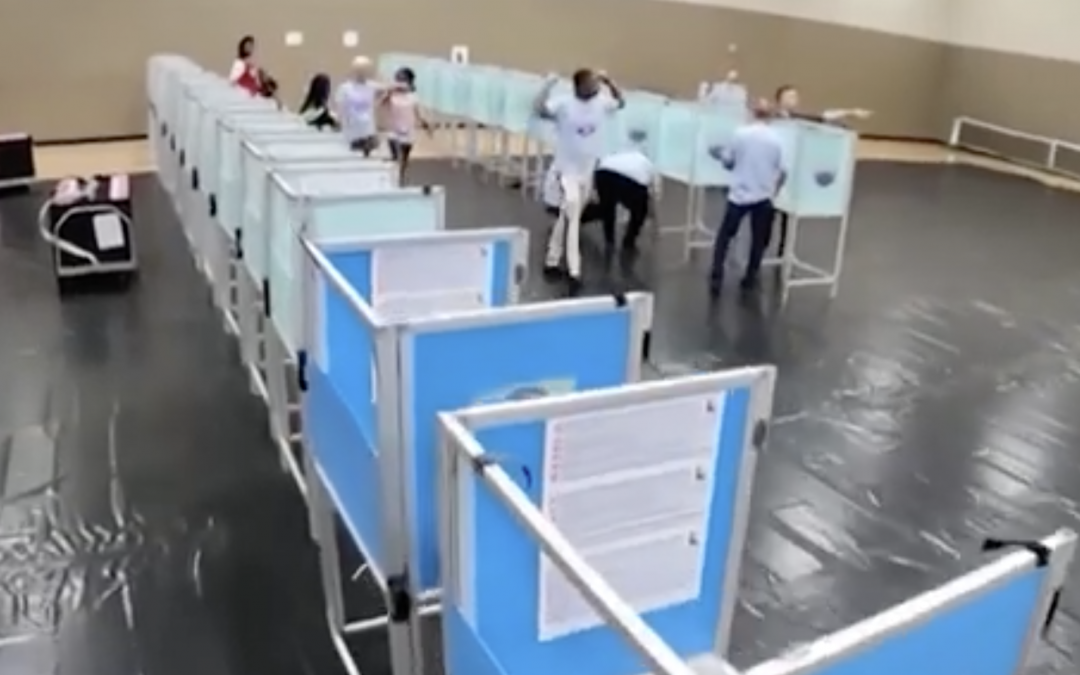

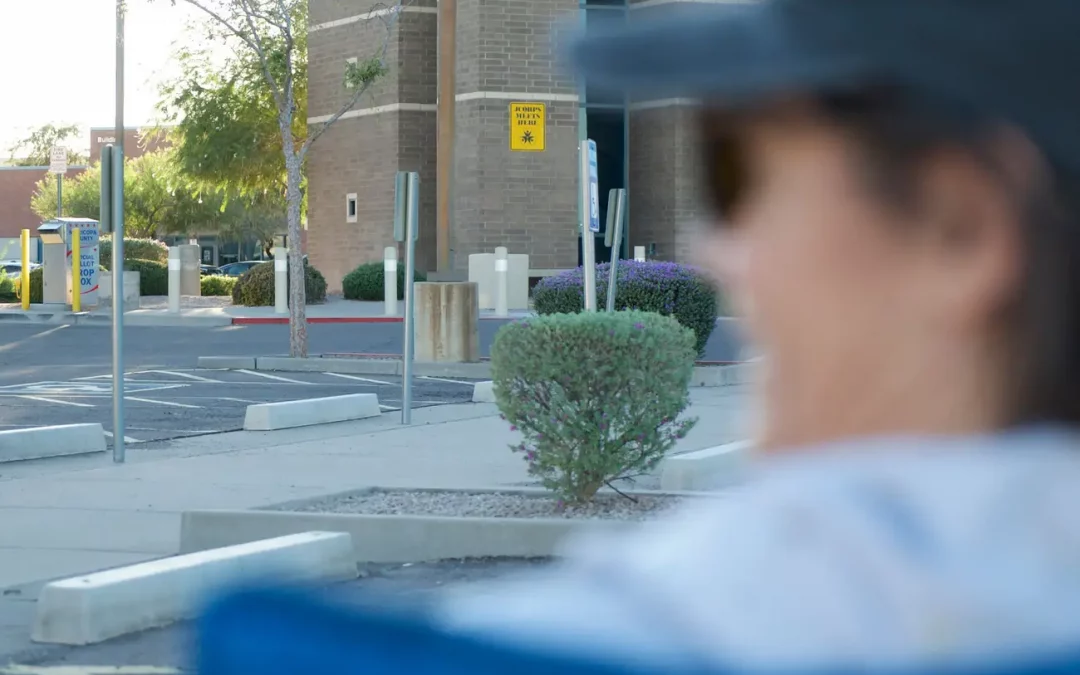
Election deniers are trying to influence the midterm elections at the polls, in the courts, and on the ballot
“Election deniers are trying to influence the midterm elections at the polls, in the courts, and on the ballot” was first published in businessinsider.com.
Across the country, some of the same people who vehemently deny the legitimacy of the 2020 election have also made persistent efforts to influence the 2022 midterm elections. If their efforts bear fruit, experts fear it could have a deleterious effect on future elections.
Many election deniers, including former President Donald Trump, have continued to push their debunked voter-fraud claims, despite the fact that courts have dismissed dozens of legal challenges to the election and that the Department of Homeland Security said the 2020 presidential election was the “most secure in American history.”
Organizing efforts to reach voters directly
State by state, election deniers are already having an impact on the ground. In Mesa, Arizona, police responded to a call to investigate armed and masked individuals watching a ballot drop box. The activist group involved, Clean Elections USA, organized efforts for similar watch parties across the country in an effort to spot potential voter fraud, according to The New York Times.
A lawsuit seeking an injunction and restraining order against Clean Elections USA said the group photographed voters in Arizona and accused them of being “ballot mules,” per The Times. The Justice Department earlier this month said the case represents grave concerns over voter intimidation, The Associated Press reported.
Last week, a Trump-appointed judge granted a restraining order against Clean Elections USA, which prohibits the group from approaching drop boxes, openly carrying firearms near drop boxes, or yelling at people depositing their ballots, according to Politico.
This past February, the North Carolina Board of Elections released a statement telling voters that “state and county election officials will never go door-to-door conducting any type of election business.” It came in response to reports after far-right activists went canvassing requesting voter-registration information and asking people to sign legal documents saying they are registered to vote at the address where they live.
Richard C. Bell, an attorney and author of “Voting: The Ultimate Act of Resistance,” told Insider that “The Big Lie,” referring to the debunked claim that the 2020 election was stolen, motivates many of these people and their efforts are “clearly election vigilantism.”
“Threats,
Meanwhile, officials in Clark County, Nevada will be required to release information about poll workers’ political affiliations following a lawsuit by the Republican National Committee, Reuters reported.
“Poll workers, as opposed to poll watchers, are employees or independent contractors who are the heroes that administer our elections in a free, fair, and non-partisan manner,” Bell told Insider. “The poison of The Big Lie, fact-free propaganda and disinformation about unproven election irregularities result in a chilling effect on people who want to do the job of running fair elections.
He added, “Poll watchers should make voting smoother, not obstruct it.”
A similar lawsuit was filed in Maricopa County, Arizona, and in North Carolina and Michigan, the RNC won lawsuits to loosen restrictions on partisan poll watchers, according to Reuters.
Tammy Patrick, an adviser at Democracy Fund, an organization that works with election officials to improve voting processes, told Pew that those bent on catching voter fraud will capitalize on any minor error.
“People believe the election system is fraudulent and rife with malfeasance and criminal activity,” Patrick told Pew. “Any human error is going to be twisted and pointed to as some manifestation of a rigged system, when in reality, it was because a person made a mistake when they weren’t left alone to do their job.”
Lawsuits cause chaos in vote counting
There have also been sustained legal efforts to challenge how counties count votes, Reuters reported.
In Arizona, gubernatorial candidate Kari Lake sued to stop the use of electronic vote tabulators, claiming the machines created “unjustified new risks” of voter fraud, Reuters reported. A judge dismissed the case, which is on appeal, according to The New York Times.
Bell called Lake’s claim an “absurd suggestion” that was “straight out of the election denier’s handbook,” adding that it “perpetuates The Big Lie without a scintilla of evidence.”
“It is a smokescreen to create chaos in our voting process and to shake confidence in our elections without an ounce of facts to support it,” Bell told Insider.
He added, “Democracy demands truth, not disinformation. Disinformation is a tool of dictators.”
Republicans in at least six states have authored legislation to ban electronic vote counters in an effort to pivot to counting ballots by hand, which experts told the Times would make the process of tallying votes less accurate and more chaotic. In Nye County, Nevada, the American Civil Liberties Union sued to stop hand counting, arguing that it violates state and federal law, according to Reuters.
In Pennsylvania, a judge ruled that state officials may save but not count mail-in ballots that are dated incorrectly after Republicans sued to eliminate the ballots, Reuters reported. The outlet reported that Democrats argued the move was part of a GOP effort to toss votes, especially ones that could impact tight races.
A judge expressed concern about violating a federal law making it illegal to discard ballots for trivial reasons and ruled that the ballots must be preserved in the event a higher court allows them to be counted, per Reuters.
Election deniers on the ballot
Dozens upon dozens of election deniers are also running for office in the midterms — many of whom Trump has endorsed.
Nearly 300 election deniers are running for public office with 171 expected to be victorious on election night, according to The Washington Post. Some 60% of Americans have an election denier on their ballot, estimates by FiveThirtyEight show.
According to The Post, more than 50% of Republicans running for public office in 2022 are election deniers, and 48 out of 50 states will have an election denier on their ballots.
Many election deniers are running for seats in Congress while others are running in significant statewide races.
Lake has repeatedly denied the results of the 2020 election and has said that she will not commit to accepting the results of her governor’s race if she loses.
In Nevada, Republican Jim Marchant is vying to be the state’s Secretary of State, which would give him power over the state’s election system. Marchant is also linked to the QAnon-conspiracy movement and has openly claimed that he would not have certified President Joe Biden’s victory in 2020.
In Michigan, Kristina Karamo, a community-college professor, is also running on the GOP ticket for state Secretary of State. Karamo has claimed that the 2020 election was stolen and earlier this month voiced support for a lawsuit filed against election officials in the city of Detroit, which she baselessly claimed has been “plagued by election corruption for years,” WJBK reported.
Experts worry the fight over the narrative on election security and legitimacy will likely go beyond 2022.
In Wisconsin, Tim Michels, the Republican gubernatorial candidate, said the GOP “will never lose another election in Wisconsin after I’m elected governor.”
And if election deniers like Lake and Mark Finchem, who is running for Secretary of State in Arizona, win their races and later refuse to accept the results of the 2024 presidential election, it would create “unprecedented” challenges for the American electoral system, experts previously told Business Insider.
“It would be completely unprecedented,” Nathaniel Persily, an elections expert at Stanford University, told Insider. Persily also described these potential legal issues as scenarios that “our system is incapable of handling.”
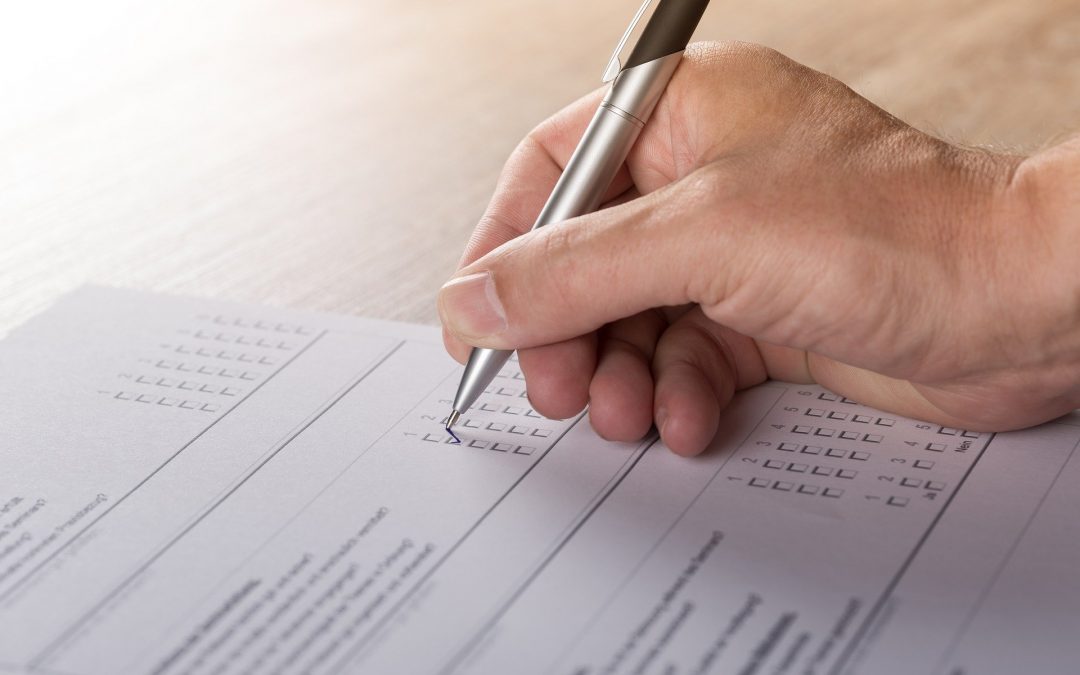
Richard C. Bell examines voter intimidation & threats against poll workers on Issues and Ideas with Chris DeBello
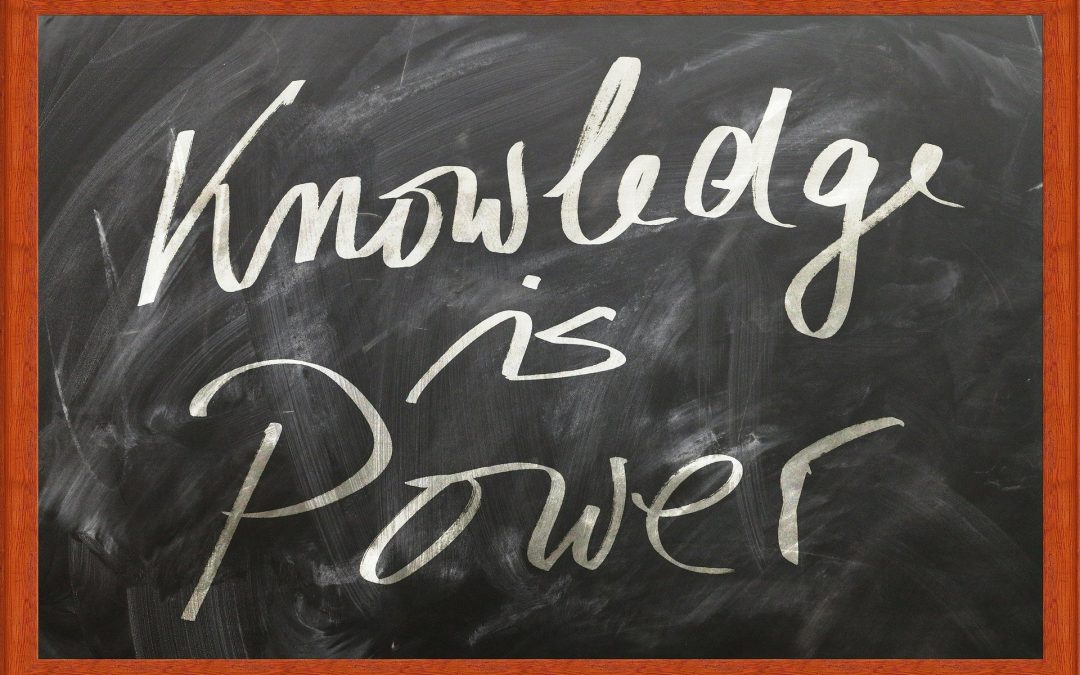
Richard C. Bell Talks National Voter Registration Day On Middays with Perri Small
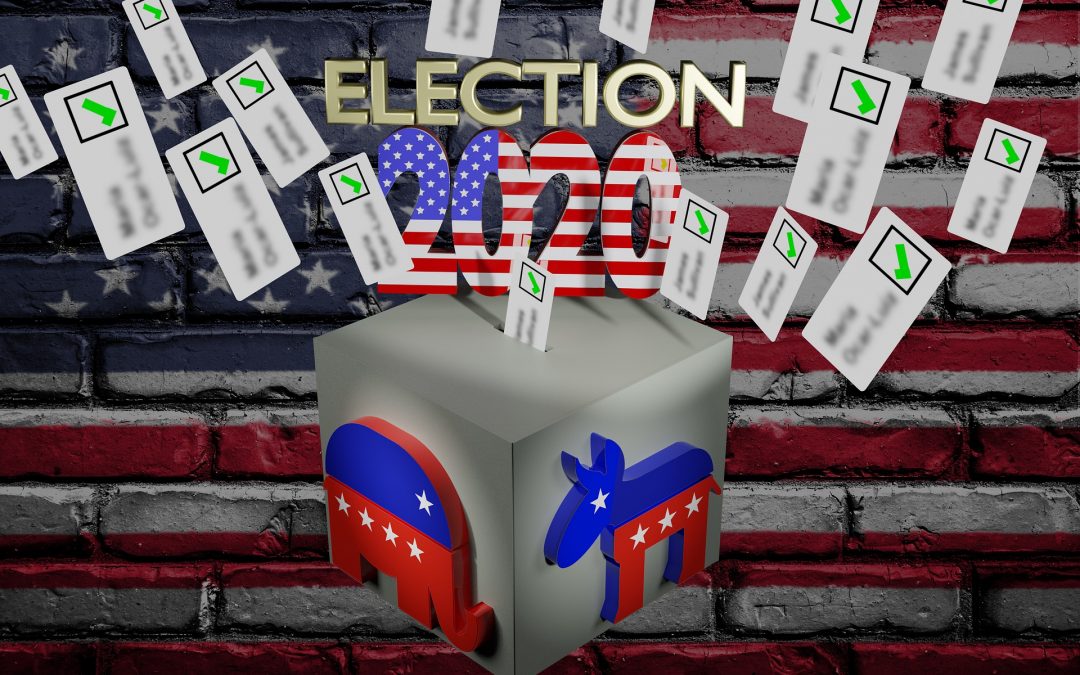
A Storied Newspaper Takes a Stand Against The Big Lie
Words matter.
The words that a news organization chooses to tell a story make a difference. If a journalist calls something a “lie,” that’s a deliberate choice. So is “racially tinged.” Or “pro-life.” Or “torture.”
Such decisions carry weight. They have power.
Acknowledging this power and being transparent about those choices is exactly what the Inquirer did the other day when it embedded within a news story a bit of explanatory text, under the headline: “Why We’re Not Calling It an Audit.”
In clear language, the paper explained that it’s because “there’s no indication” that this effort, which follows months of demands from Donald Trump alleging baselessly that the election was rigged, “would follow the best practices or the common understanding of an audit among nonpartisan experts.”
How so? The Inquirer noted that when it asked how the review would work, how ballots and election equipment would be secured, who would be involved, and so on, the leaders of this effort did not explain.
The Inquirer stated some reporting-based facts linked to the paper’s previous stories about them: That Joe Biden won the state by more than 80,000 votes, that state and county audits affirmed that outcome, and that there is no evidence of any significant fraud.
“We think it is critical to speak plain truths about efforts to make it harder to vote and about efforts to sow doubts about the electoral process,” Dan Hirschhorn, senior politics editor at the Inquirer, told me. “These are not ‘he said/she said’ stories — there is clear, objective truth here.”
More plain truths from the Inquirer: In the story carrying this explainer box, the paper uses the term “forensic investigation” — which is what the GOP wants to call it — in quotation marks. A sub-headline makes it clear that this effort is “modeled off the months-long partisan review in Arizona,” widely regarded as irrevocably flawed and unnecessary to begin with, initiated by Republican lawmakers carrying water for Trump and placed in the hands of dubious private firms. (“Fraudit” may be a more accurate term.)
Hirschhorn said there wasn’t a lot of internal discussion at the Inquirer about the decision, in part because it all flowed from the work of the paper’s excellent voting-rights beat reporter, Jonathan Lai, which provided the factual basis for the statements.
But it also flows from a clear philosophy at the paper.
“We are pro-democracy,” he said. “We believe voting rights are fundamental and it should be easier, not harder, for people who are legally allowed to vote to do so,” within a safe and secure voting system.
He was careful to say that the language is “narrowly tailored” for these recent developments: “We’re not making general statements about the Pennsylvania Republican Party.”
The decision reminds me, in some ways, of the admirable moves by another Pennsylvania news organization, the public radio station WITF in Harrisburg. As I wrote this spring, the station took some unusual steps to remind listeners and readers of how state Republicans had tried to undermine the 2020 election results.
In late January, the station posted an explanatory story stating that they would be regularly reminding their audience, in day-to-day coverage, that some state legislators signed a letter urging Congress to vote against certifying the Pennsylvania election results, and that some members of Congress had voted against certifying the state’s election results for President Biden, despite no evidence to support their election-fraud claims.
These elected officials, WITF reminded its audience, either knowingly spread disinformation or flat-out lied in an effort to keep Trump in office. “This was an unprecedented assault on the fabric of American democracy,” the statement said.
When I learned over the weekend about what the Inquirer was doing, I couldn’t help but think about the deeply flawed media coverage that followed the Sept. 11, 2001, terrorist attacks.
The way mainstream journalists, under pressure to appear patriotic in the aftermath of the attacks, too often adopted the language of politicians and failed to muster enough skepticism in the reporting that led up to the American invasion of Iraq.
In subsequent years, the press used euphemisms like “enhanced interrogation techniques” when they should have said “torture.” Or they called suspected terrorists at Guantánamo Bay “detainees,” as if they were being sent to the principal’s office rather than serving what amounted to a prison term of many years.
Who gets to decide what language is used? Should it be advocates, like activists who oppose abortion and insist that they should be called “pro-life” even if they favor the death penalty? Should it be politicians like those in Arizona and Pennsylvania whose “forensic investigations” are motivated not by any democratic impulse but by a purely partisan agenda?
Or should news organizations employ clear thinking and plain language, intended to serve the public’s understanding and interests? That’s what the Inquirer has decided to do in this case.
There’s a word for that, too: Integrity.
